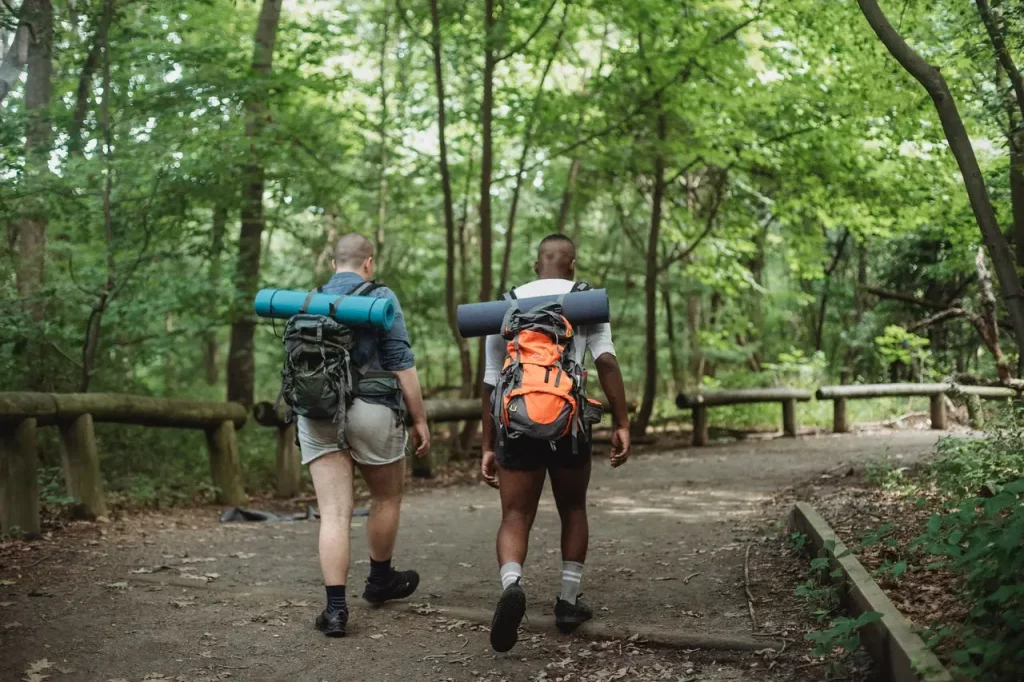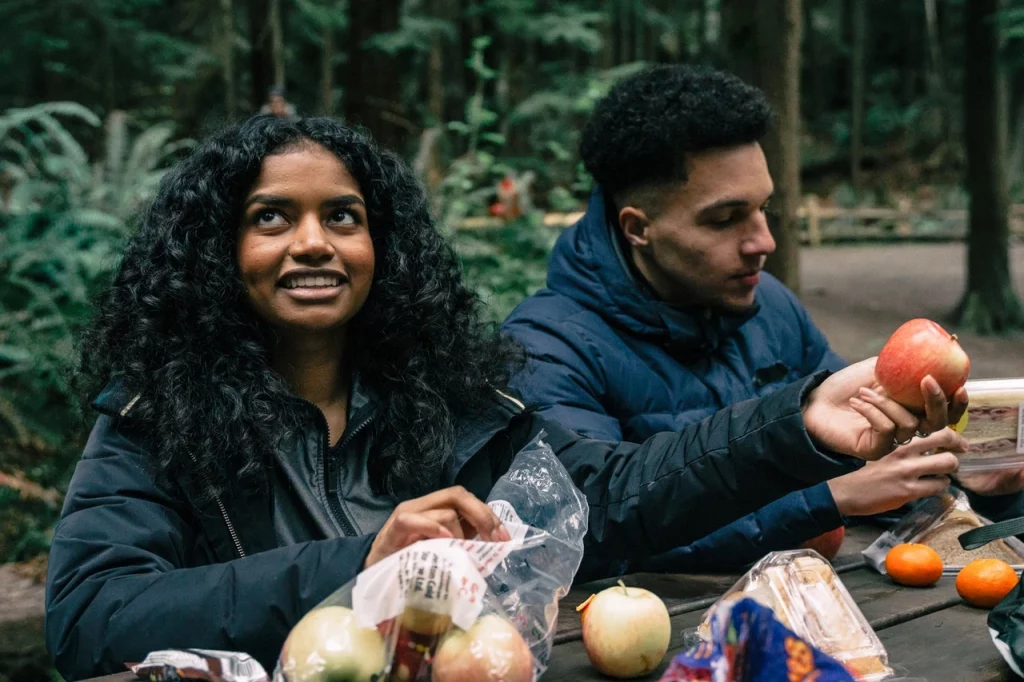Learning survival skills is often relegated to scout troops and doomsday preppers, but this should not be the case. Wilderness survival, using technological conveniences, is a very important skill, especially if you are fond of spending a lot of time in the great outdoors.
When you consider that participation in outdoor activities is on the rise, this means millions of Americans are heading out of their homes and into nature.
However, this also means that a lot of these novice campers and hikers have few skills needed to flourish in an outdoor setting.
Below are a few basic survival skills one must cultivate if you want to spend a lot of time outdoors. Knowing them not only makes spending time camping easier, but it also ensures that you have a fighting chance in case of an emergency situation.
-
Swimming
The great outdoors contains many lakes, rivers and deep streams. Even if you have no intention of going into the water during a camping trip, weather events, like flashfloods and sudden downpours may not give you much of a choice. This is bad news to the whopping 54 percent of Americans who do not even have basic swimming skills.
Before you try to be an avid outdoors enthusiast, it’s best to head on over to the nearest swimming center and learn even the rudimentary skills of keeping yourself afloat in the water.
-
Knot Tying

Knots are often seen as either a skill reserved only for sailors or as a quaint practice for earning merit badges. But knot tying can be used for dozens of skills, especially outdoors. The right kind of knot can help you snare a rabbit for your meal. Or it can secure your tarp to make a suitable shelter.
There are plenty of guides you can consult if you want to learn how to tie some proper knots. Be sure to practice regularly and learn which types of knots are perfect for which situations.
-
Starting a Fire
A fire can help you signal for help in case you get lost in the wilderness. It’s essential if you are camping in the wilderness in the winter and you must stay warm, especially at night. It’s also vital if you want to cook your food and ensure you don’t get parasites.
There are two main ways you can build a fire: friction and light. Light only requires a strong enough reflector with a curve, like a magnifying glass. The first method requires a lengthy piece of wood, at least 2 feet long, a flat board and some dry leaves and other tinder. Use a rock or a knife to cut a small notch in the flat board.
Put the long stick into the notch in a vertical position and pile some of the tinder at the base. Use your hands to spin the long stick rapidly, moving your hands from the top of the stick all the way down to create a downward spinning motion. This should generate enough friction to ignite the tinder.
-
Creating Drinking Water

You won’t last long in the wilderness if you can’t create your own drinking water and, luckily, there are a variety of ways you can go about this.
First, you can use the top half of a large plastic bottle. Fill it up with charcoal, sand and small rocks. Suspend it over the lower half. Allow water to filter through the sand and charcoal into the lower half.
Alternatively, you can dig a hole in the ground about two feet wide and half as deep. Put a container in the middle of the depression and cover the pit with a plastic tarp. Secure the sheet with rocks and earth. Put a small pebble at the center of the tarp directly over the container. Water will evaporate from the ground and condense on the sheet, dripping into the container.
In either case, heat the water to boiling just to kill any microorganisms that could be infesting the water.
-
First Aid
You do not want to gallivant off into the wilderness without any ability to take care of your wounds or injuries. Aside from taking a basic first aid course from reputable providers and healthcare experts, you should always make sure you have a first aid kit with your belongings.
Medical knowledge and supplies will be instrumental in preventing wounds from getting infected. It’s also important to have at least basic medicines like paracetamol, aspirin and antibiotics.
Basic survival skills are now considered niche, after centuries of being important. Although one can’t be blamed for relying on modern conveniences, if you plan on spending lots of time outdoors, hone them. Doing so will be vital in ensuring your comfort and survival.

